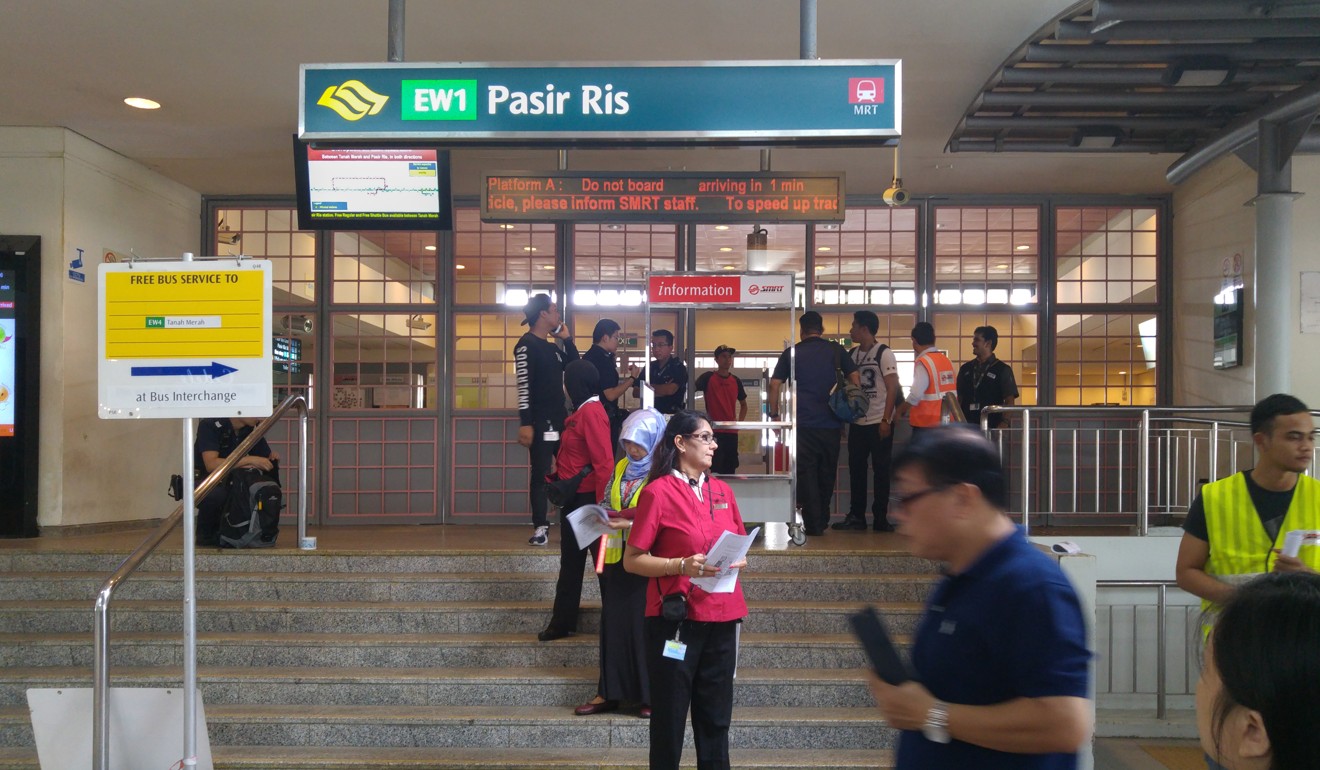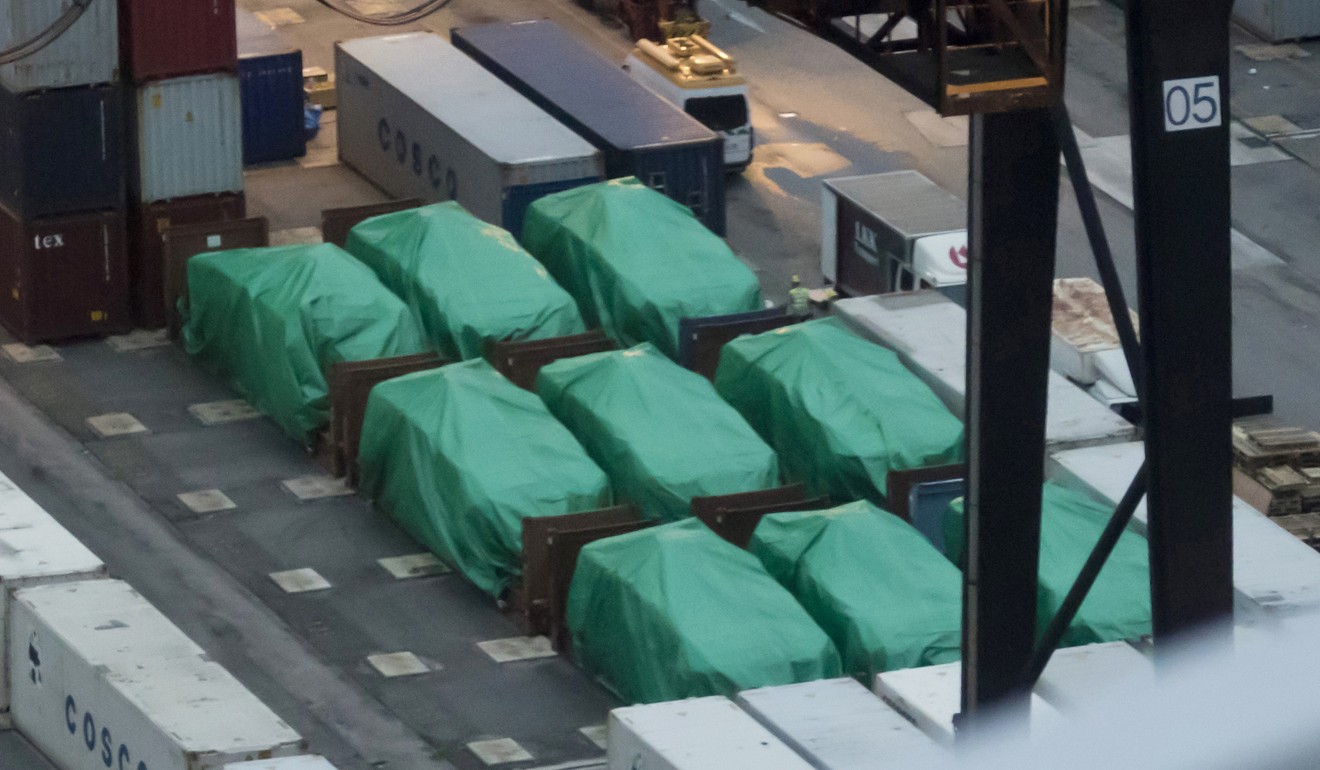
What Singapore’s new ambassador Lui Tuck Yew means for China
- City state is sending a message to the Asian giant that it means business in boosting the bilateral relationship, experts say
- Appointment of a politician of Lui’s stature will go down well with Chinese officials as Beijing navigates the challenges of China’s rise
Singapore’s appointment of a former cabinet minister as its next ambassador to China adds significant weight to the city state’s efforts to show Beijing that ties with the increasingly assertive Asian superpower are a key priority, analysts in the Lion City have said.
Lui Tuck Yew, a former navy chief turned top bureaucrat who joined the ruling People’s Action Party (PAP) in 2006 and served as transport minister from 2011 to 2015, was made the country’s next ambassador in Beijing on Thursday.
Lui quit politics in 2015 – in the aftermath of severe criticism of Singapore’s then decline in public transport standards – and served as the nation’s envoy to Japan from 2017 to September this year.
Chong Ja Ian, a National University of Singapore professor who closely tracks Singapore-China ties, said Lui’s stature would be appreciated by a China that was increasingly parsing how its neighbours viewed it.
He said Lui’s experience would help him navigate a China that was “much readier to take offence at a range of issues” as well as “growing pressure from Chinese nationalism”.

China now had the economic power to pressure and “distract” the leaders of neighbouring countries, Chong said, making managing ties “much trickier than before”.
In recent years, the Singapore foreign ministry has refrained from appointing non-career diplomats to key postings such as ambassador to Malaysia, Indonesia, China or the United States.
It is also rare for the PAP to appoint a former cabinet minister as an ambassador.
Comment: Singapore’s PM spoke truths that both Beijing and Hong Kong protesters need to hear
Stanley Loh, the outgoing Singapore envoy to China, got a taste of Beijing’s occasionally bristling manner of diplomacy when the nationalistic tabloid Global Times – seen as close to the central government – engaged him in a protracted war of words in 2016 over the city state’s position on the South China Sea dispute.
China had taken issue with what it perceived to be Singapore’s slant towards the US on the row, which involves several Southeast Asian countries but not the city state.
Later that year, ties took a further turn for the worse after Hong Kong maritime authorities temporarily impounded Singaporean military vehicles that had been involved in an exercise in Taiwan – the self-governed island that Beijing views as a renegade province.

The bilateral relationship has since significantly improved, with the two countries in October inking a major defence cooperation deal.
Singapore maintains a robust strategic relationship with the US, and plays host to rotationally deployed American naval vessels and military spy planes.
Benjamin Ho, a research fellow with the China programme at the S. Rajaratnam School of International Studies, said Lui’s naval background put him in good stead as China and Singapore explored a deepening of military ties.
Singapore and Chongqing seal deals on trade, telecoms and ties
The 58-year-old served as Singapore’s chief of navy from 1999 to 2003.
Also, the former minister’s experience as transport chief would help him understand the intricacies of economic cooperation with China – especially in infrastructure, the analysts said.
“Sino-Singapore relations are also premised on very strong economic cooperation and Lui is expected to further contribute to this area,” Ho said.
Chong said Lui’s experience in government – including as a second minister for foreign affairs and as second minister for defence – was relevant for several government-to-government projects Singapore had committed to in China.

Political scientist Bilveer Singh, a frequent commentator on local politics, said chatter that Lui was a “failed minister” turned diplomat was unfair.
Lui’s exit from politics in 2015 – just before a general election – came on the back of widespread criticism about a decline in the reliability of the country’s Mass Rapid Transit (MRT) network due to a lack of focus on maintenance.
Many Singaporeans pinned blame on Lui, and in announcing his departure, he told The Straits Times newspaper: “In politics, you need a tender heart and a thick skin, not a hard heart and thin skin. I think my heart, my skin, like all my body parts, are fine.”
Singapore and China sign agreement to boost defence cooperation
Singh said Lui was just “caught at a time when there were a lot of things going on and he became a convenient punching bag”.
“Anything wrong with the MRT, anything wrong with the bus, [people] blamed him. He was a convenient target,” he added.
Singh believed Lui’s stint as Singapore’s ambassador to Japan proved his mettle as there had been “no major controversies” between the two countries, adding that the former politician had gained the trust of top leadership in Singapore as well as in Japan and China.
“If he did not do well, he wouldn’t be moved to China. China is our No 1 top diplomatic post,” he said.

